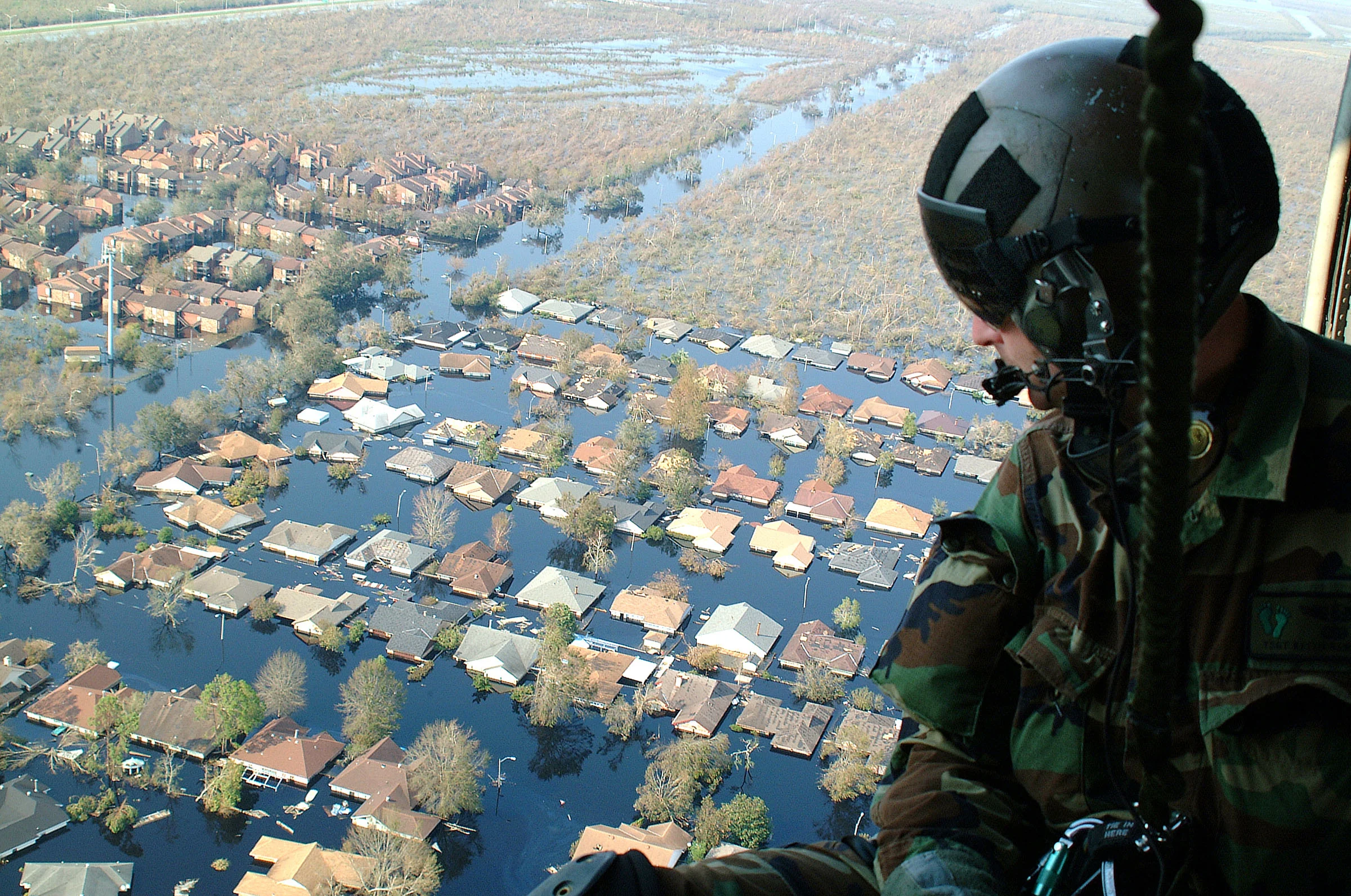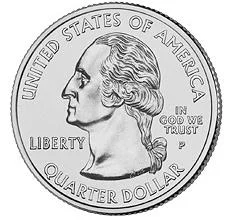Ethics is of utmost importance: ask the CEO’s of leading corporations or America’s military leaders. Yet, at the same time, we might just as well dismally conclude that ethics is of no significance whatsoever! Just witness the private proclamations and even more the behavior of some of those same kinds of leaders when it comes to understanding, believing, and practicing what they preach.
Ethics is a bit like one of its key components: lying and truth-telling. No one publicly celebrates or advocates telling lies. Everyone testifies to the importance of the Truth. Yet everyone lies, and does so often: to spouses, children, friends, business associates, and the IRS – and usually feels that it is necessary or justified – at least in their very own “unique and exceptional” individual case.
Read More



















